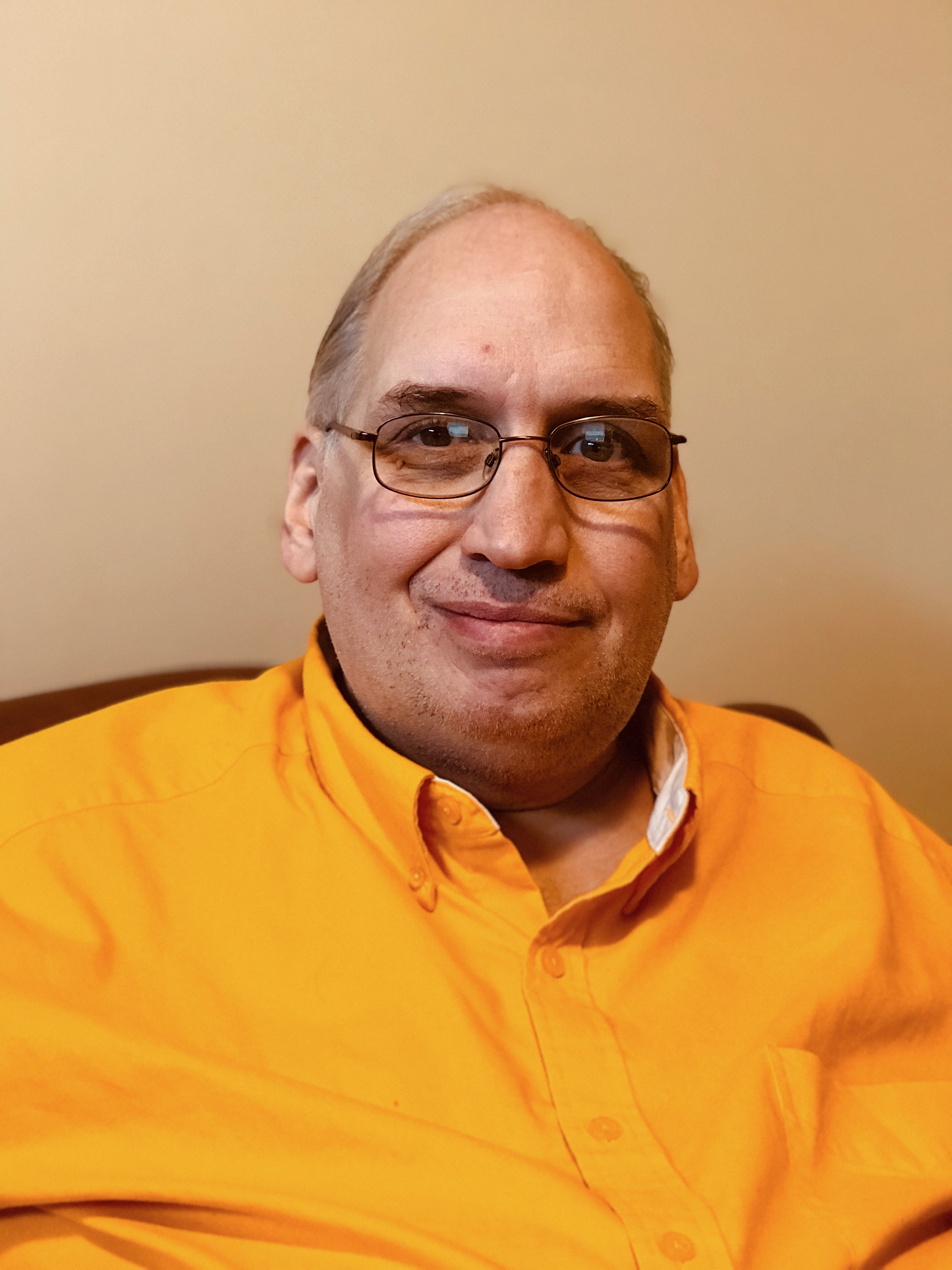I sit today in a conference with Alan Schore who is one of the leading neurodevelopmental psychoanalysts in the world. The day-long workshop is about the development of the human brain and how early attachment with a primary caregiver is fundamental. In the case of abuse and neglect, the brain is changed in some very significant ways that will last well into adulthood and often result in mental illness and addictions. Even when the neglect is not intentional but simply a lack of education or inability, the effects can be lasting and profound.
As a therapist, I see this play out repeatedly in my office and in the worst cases of early sexual and physical abuse the brain is quite literally changed and mental illness is often the result. The fight or flight region of the brain is often much more reactive or “hypervigilant” while the front and top parts of the brain (responsible for storage and rational thinking) are often underdeveloped. The part of the brain responsible for enhancing communication between the two sides (the corpus callosum) is frequently underdeveloped.
When I speak to graduate students in counseling and mental health one of the first challenges I put to them is this…
I dare you to put your finger anywhere in the DSM-V and tell me how that disorder is not related to underlying trauma. If you want to be a mental health practitioner, you better be trauma-informed.
Trauma isn’t just physical or sexual abuse, it’s not just war or natural disaster or horrible car wrecks. Those are what we call “Big-T” traumas. But there is also neglect. Day after day not having enough to eat, not knowing if your parents will be fighting, having them refer to you constantly as stupid and shame you. Being bullied every day in school or being told you are less than by a society focused on difference instead of compassion. All of these are “little t” traumas and over time they add up to “Big T’s” as surely as the Colorado River carves out the Grand Canyon. That tiny stream that I have waded at its headwaters in Rocky Mountain National Park, over time, becomes a powerful force.
Thus begins anxiety, depression, personality disorders, dissociative disorders and even the triggering events for bipolar and schizoid disorders. They start with the fundamental destruction of connection. When the brain is so frequently and harshly under assault it reverts to functioning within the limbic system which is naturally reactive and untrusting. Connection becomes threatening and isolation and numbing (through addictions generally) become the desired method of functioning.
Here’s the rub:
While abuse disturbs connection and creates mental health issues, it is through connection that our brain finds healing.
The brain functions best when it is in connection with other. Oxytocin, Seratonin and other “Happiness” neurotransmitters are at their peak when we are connected to others, to work, to a sense of purpose and meaning. The same centers of the brain light up in this connected space when we meditate or pray. We are built for and function best in connection.
And that’s the catch-22 and the harm of stigma. Trauma creates disconnection and damages trust. When we stigmatize mental illness we make it worse. We reinforce the lack of trust that the individual already fears by making it obvious we do not desire connection with them. Stigmatizing mental illness only further isolates and makes healing less likely for individuals struggling.
So we are left with this…
If we truly want to help solve the issue of mental illness in our society, we must embrace the mentally ill. We must destigmatize and legitimize their trauma and offer them compassion and help.
In this sense, we truly are our brother’s/sister’s keeper. We must be more compassionate and challenge our own fear and lack of understanding to be able to move towards connection with those we do not understand to allow them the opportunity to heal. Increasing service and accessibility and demanding parity for mental health issues only begins when we can move our collective conciousness into accepting this reality.
If we want to improve the state of mental health in our society, then the change really does begin with us and our willingness to connect. We must brave connection even with those we do not understand.


